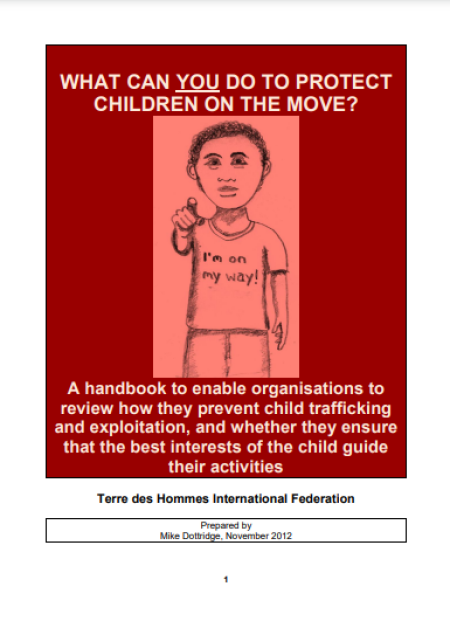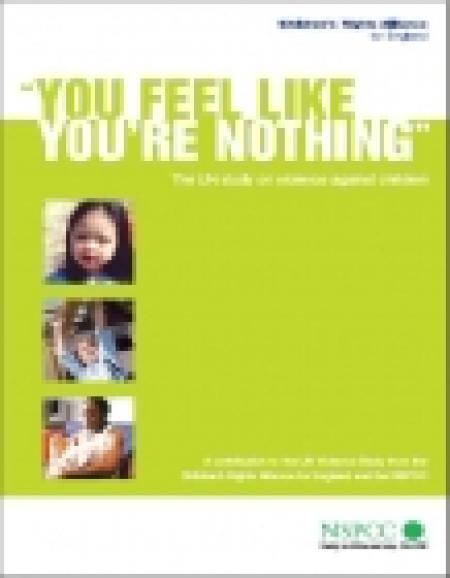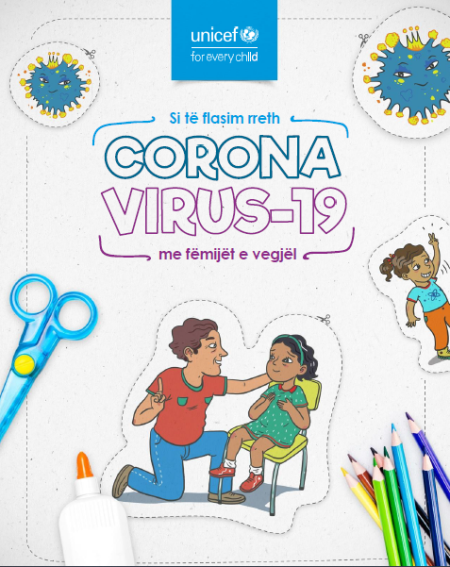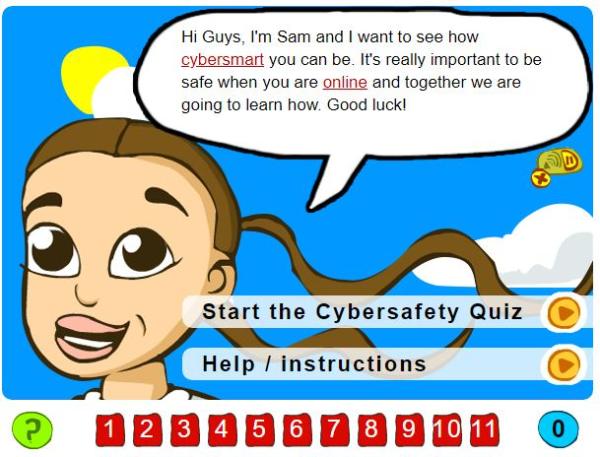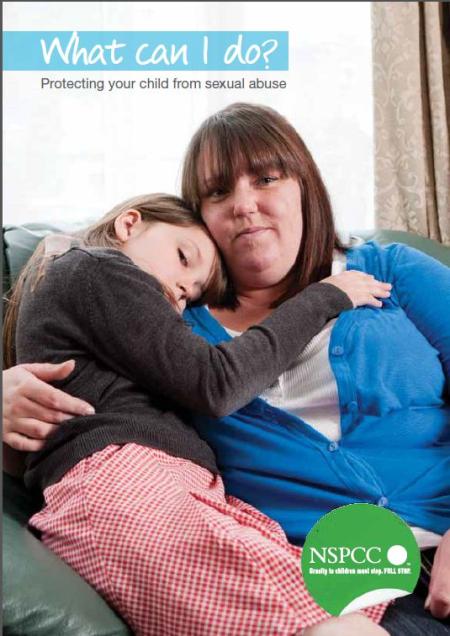
What is regression? What causes it?
Nancy Close, PhD, an Assistant Professor at the Child Study Center at the Yale School of Medicine and Associate Director of the Yale Program in Early Childhood Education, has said that regression can be frustrating, but is common and temporary. She adds that most children have a very strong urge to take a leap forward in their development, but that stress comes with the excitement of learning something new. For instance, when a baby learns to walk, they also realize that they could fall. They can begin to feel overwhelmed, which can lead to regression.
What do regressive behaviours look like?
Regression appears in different ways, but in general, "it is acting in a younger or a needier way". Temper tantrums, problematic sleeping or eating, and an immature way of talking could be symptoms of regression. Children may lose skills they have already mastered, such as using the toilet, getting dressed by themselves, etc.
When does regression happen?
"You will typically see regressive behaviours in toddlers and pre-schoolers, but it can really happen at any age - even with infants and older children". For infants, regression might not be evident, but babies become clingier, whinier, and tend to cry more often.
Is regression common?
Yes, and it is helpful for further development as it is a way for children to prepare themselves for greater responsibilities. It varies depending on the cause of regression, and regression is very common when children adjust to new situations, such as becoming older siblings or going to pre-school, etc.
How can parents help support their children through regressions?
Parents should reassure their children by letting them know that they have their support while they learn difficult things. Play can help difficult situations and develop language, thinking and ideas. By observing children while they play, parents can pick up on things children cannot express verbally. Some regressions take time, and it is important for parents to reassure their child, but also to set limits and expectations. “Do not push them away. Help them find adaptive and age-appropriate ways of expressing some of those more difficult feelings.”
When should parents be concerned?
A regression can last a few weeks, but varies from child to child. Children will work through it eventually with their parent's support. Parents should reach out to the child's healthcare provider if the regression lasts more than 2 to 3 weeks, or when children show no motivation to move forward.






